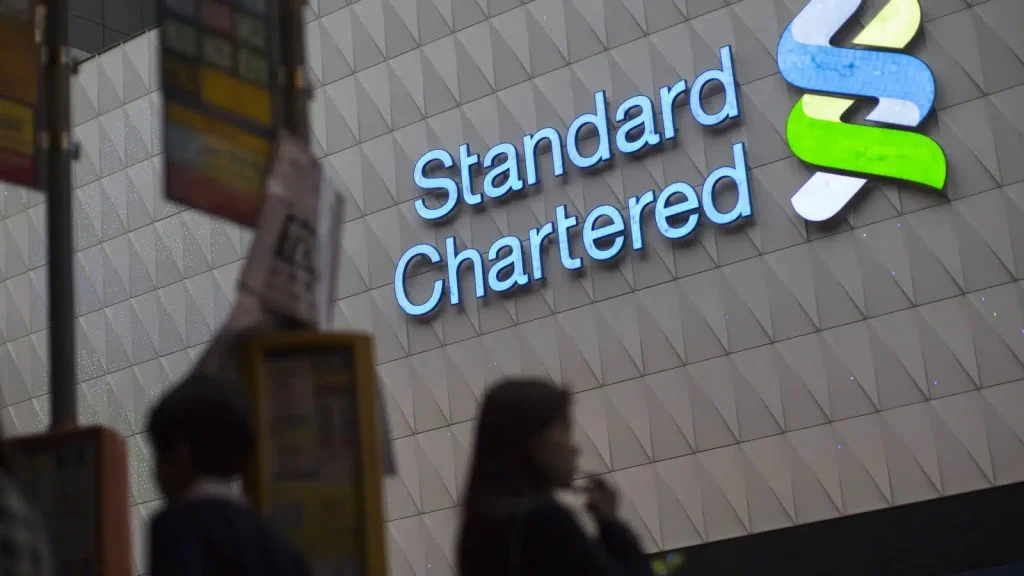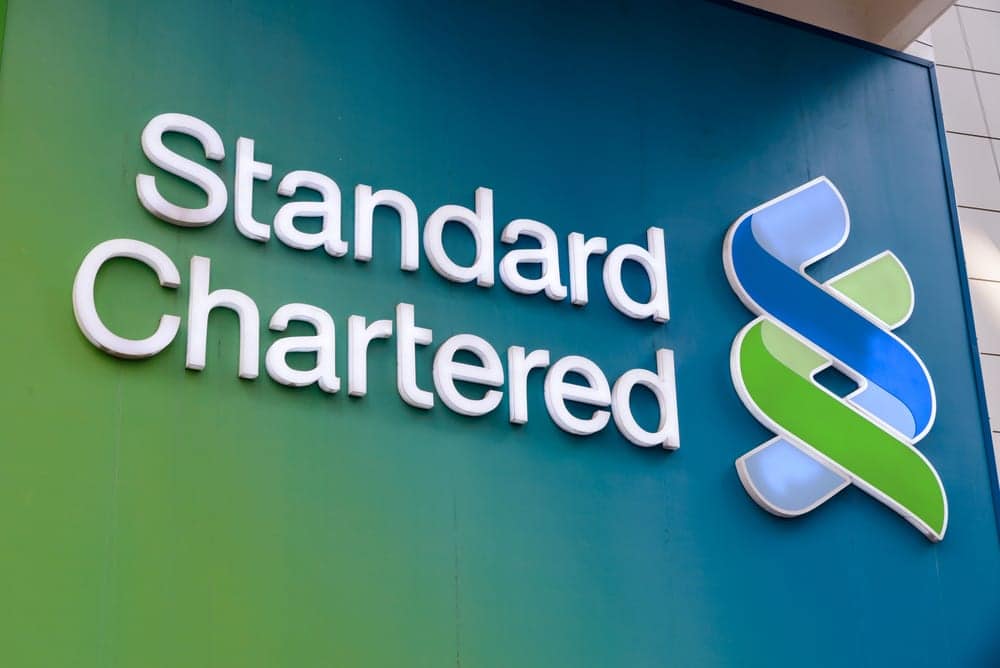
Samir Subberwal, Global Head, Wealth Solutions, Deposits and Mortgages, and Chief Client Officer,Standard Chartered Bank
Standard Chartered reveals growing appetite for transition investing in latest Sustainable Banking Report
- Newresearch shows that 87% of high-net-worth investors are interested in transition investing
- Barriersto investing include perception of higher risks, lack of benchmarking and perception of low returns
- Furtherawareness needed to bridge the knowledge gap around transition investing
Standard Chartered has released new research that points to growing interest in transition investing,1 with 87% of high-net-worth investors surveyed demonstrating appetite for this emerging area of investment.
 Data highlighted that interest in transition investing alongside sustainable investing more generally is overwhelmingly high at 87% and 83% respectively.
Data highlighted that interest in transition investing alongside sustainable investing more generally is overwhelmingly high at 87% and 83% respectively.
These findings were revealed in the Bank’s latest Sustainable Banking Report, which this year looks at transition investing and its potential to become the next wealth frontier.
 The report, titled “Transition investing: the next wealth frontier?”, is based on a survey of 1,600 high-net-worth individuals across eight markets – Hong Kong, India, Mainland China, Malaysia, Singapore, South Korea, Taiwan and the United Arab Emirates – and examines investor sentiment towards transition investing.
The report, titled “Transition investing: the next wealth frontier?”, is based on a survey of 1,600 high-net-worth individuals across eight markets – Hong Kong, India, Mainland China, Malaysia, Singapore, South Korea, Taiwan and the United Arab Emirates – and examines investor sentiment towards transition investing.
The report revealed investor interest in a range of transition themes that have the potential to support the transition towards a low-carbon economy, with green hydrogen, low-emission fuels and carbon capture and storage emerging as the top three themes of interest.

- Greenhydrogen (49%)
- Low-emissionfuels (47%)
- Carboncapture and storage (45%)
- Electricvehicles (44%)
- Carbonmarkets (42%)
1 Transition Investing is a sub-set of Sustainable Investing. It refers specifically to investing with the ambition of supporting and enabling the transition to a low carbon economy.
 This expands impactful investments to those outside of traditional climate solutions (e.g. renewable energy), to include companies in high-carbon sectors which have credible plans to align or maintain alignment of their business with a net zero trajectory.
This expands impactful investments to those outside of traditional climate solutions (e.g. renewable energy), to include companies in high-carbon sectors which have credible plans to align or maintain alignment of their business with a net zero trajectory.
This can include organisations in sectors such as steel, and cement, but also companies which enable the transition of these sectors (e.g. scrap steel producers).

- Electrification(32%)
Despite growing interest, the data highlighted that investors face several barriers when it comes to transition investing. The perception of higher risks was a top consideration among investors, with report findings also revealing considerations around a lack of benchmarking to compare investment products, and the perception that such investments could bring about low returns.
- Perceptionof higher risks (50%)
- Lackof benchmarks to compare with other investment products (46%)
- Perceptionof low returns (44%)
 While investor appetite is strong, the findings indicated a gap in understanding, with only 15% of investors able to fully define the concept of transition investing.2 To address this challenge and support clients, Standard Chartered has launched a Transition Investing Guide to provide clear and practical investor guidance for evaluating transition-related funds.
While investor appetite is strong, the findings indicated a gap in understanding, with only 15% of investors able to fully define the concept of transition investing.2 To address this challenge and support clients, Standard Chartered has launched a Transition Investing Guide to provide clear and practical investor guidance for evaluating transition-related funds.
Samir Subberwal, Global Head, Wealth Solutions,Deposits and Mortgages, and Chief Client Officer, Standard Chartered said: “Over the years, our Sustainable Banking Reports have looked at a range of opportunities for investors, while showcasing sustainable investing as a key area of interest.
 We continue to see strong interest in sustainable investing among our affluent clients, and the concept of transition investing is one that our clients are increasingly interested in being educated on.
We continue to see strong interest in sustainable investing among our affluent clients, and the concept of transition investing is one that our clients are increasingly interested in being educated on.
As a leading international wealth manager, we remain committed to supporting our clients to empower them with the knowledge and tools they require to help enable the shift towards a low-carbon future.”






